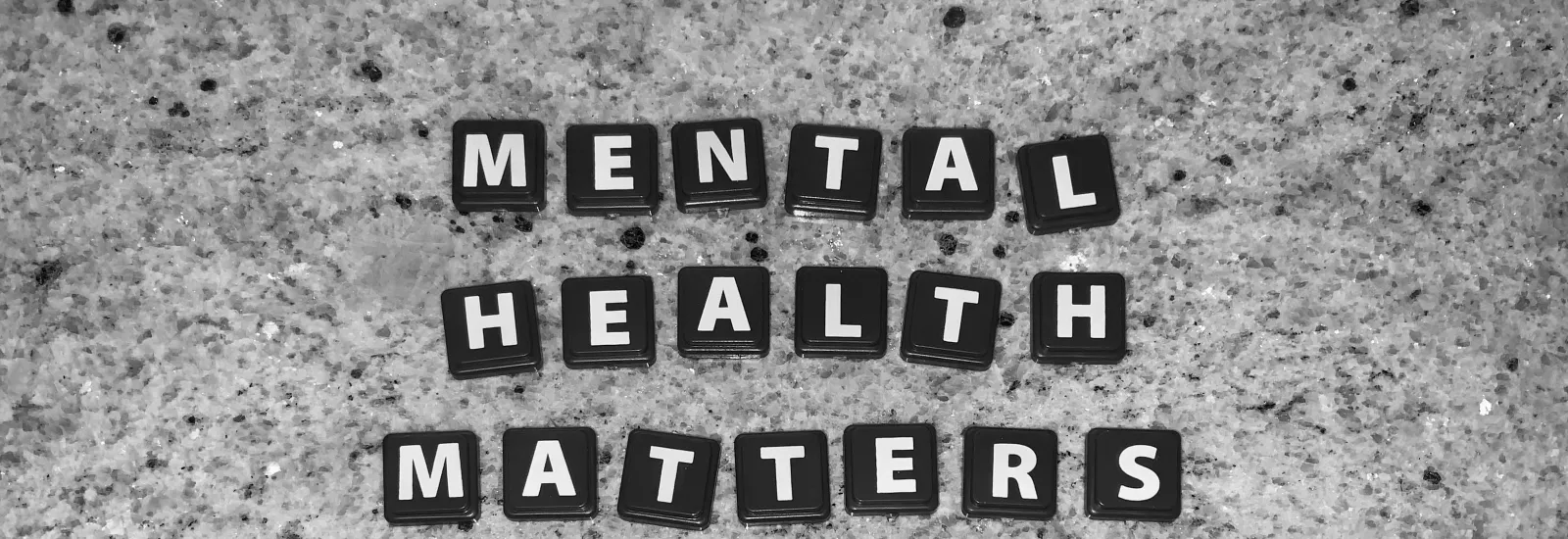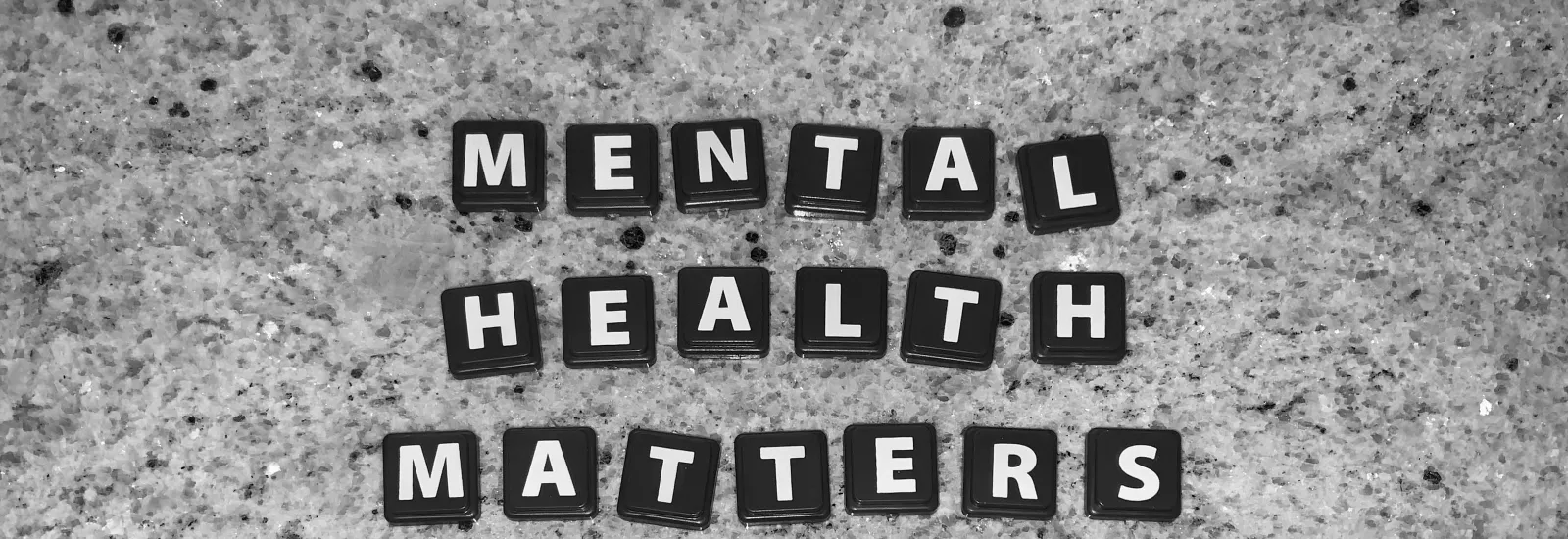The connection between stress, busyness, and mental health
 3-minute read
3-minute read
Juggling work and family life is a constant balancing act. Throw in volunteer commitments and time with friends, and you might give anything for a calm, quiet spa weekend. Can a constantly packed schedule affect your mental health? It turns out there are both pros and cons to busyness and mental health.
Pro: Staying busy is good for your brain
In some circles, staying busy all the time is a badge of honor — and research has found that some amount of busyness can be good for your mental health. While you might dream about a life of leisure with nothing to do, staying active and engaged in happenings around you may improve cognition, especially if you’re older or retired. Additional research suggests that people with too much spare time may feel a lack of purpose, and people who have extensive access to leisure-time activities will progressively feel less enjoyment doing them. While you might think it’d be great to spend every day doing nothing except golfing or getting lunch with friends, your brain will likely function better, and you’ll feel happier with other activities in your life that challenge you or keep you busy.
Con: Staying too busy can lead to burnout
There’s a difference between a busyness that engages your brain and a busyness that feels overwhelming. One survey found 74% of parents with kids under 18 sometimes felt too busy to enjoy life. Another 11% of all Americans said the busy pace of their life was harming their health.
Research shows that people who feel stressed, or like there’s not enough time in the day, report poor mental and physical health. These people report eating unhealthier foods, having signs of depression, and feeling burnt out or emotionally exhausted. Additional studies show that people who work long hours — 12 hours a day or 60 hours a week — are significantly more likely to be injured on the job. These hours are also associated with a higher risk of dying from coronary artery disease or having a stroke.
Steps to decrease busyness and promote calm
If you’re feeling stressed from all the busyness in your life, you can take steps to mitigate it. While you probably can’t quit your job or stop driving your kids around town to school and sports, you can find a balance between the good kind of busy and feeling overwhelmed. Trying some of these tips may help.
- Create space for things you love. Whether it’s catching up with friends, finding a hobby, or binging a favorite television show, it’s important to spend time on yourself.
- Exercise. Taking a walk or hitting the gym is a great way to get rid of stress.
- Keep a gratitude journal. Research has shown that writing down things you’re grateful for every day can improve your mood.
- Meditate. Meditation can come in many forms, including deep breathing, mindfulness, and prayer.
- Unplug. Mute your notifications and stop checking your work email when you’re not on the clock.
Communication with your boss or your partner is also important. Assess whether your work or home responsibilities can be delegated in a way that will reduce your stress and don’t be afraid to ask for help.
Talking to someone can help
If you’re feeling overwhelmed, exhausted, anxious, or depressed, talking to a mental health professional might be the stress relief you need. There’s nothing wrong with admitting you can’t do it all. Don’t let a sense of obligation to your busyness affect your mental health.
If stress is getting to you, a Reid Health mental health professional can help. Find a location near you.
